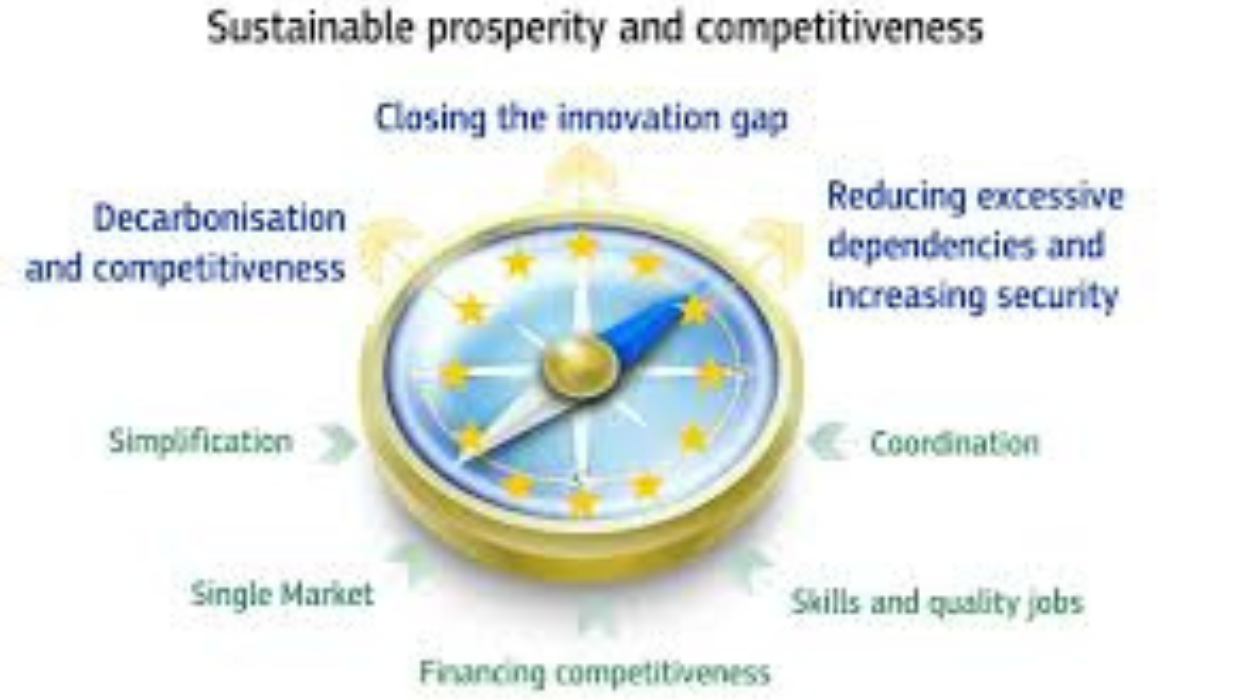The Council of the European Union has approved its position on the ‘Invest EU’ regulation, aiming to simplify investment rules across the EU and significantly enhance the EU’s competitiveness on the global stage. This initiative is designed to mobilize an additional €50 billion in both public and private investments to support key EU policies, including the Competitiveness Compass, the Clean Industrial Deal, defense industrial policy, and military mobility.
The new regulatory framework will also make it easier for Member States to contribute to the ‘Invest EU’ programme while streamlining the administrative requirements, particularly for small and medium-sized enterprises (SMEs).
Read Also: Every Mother’s Life Matters: Tackling Maternal Mortality in Europe
Key Features of the ‘Invest EU’ Regulation
H2: Mobilizing €50 Billion in Investments
The ‘Invest EU’ programme, part of a broader initiative to simplify EU investment rules, will increase the EU’s investment capacity by €50 billion. This is achieved through a combination of increasing the EU guarantee and integrating resources from three legacy programmes: the European Fund for Strategic Investment (EFSI), the Connecting Europe Facility (CEF) debt instrument, and the InnovFin debt facility. The EU guarantee will rise by €2.5 billion, from €26.2 billion to €28.6 billion, boosting the attractiveness of the programme and encouraging further investments.
H3: Enhancing the Attractiveness for Member States
The proposal also aims to increase the appeal of the ‘Invest EU’ programme for Member States, making it easier for them to contribute and benefit from the programme’s advantages. The initiative is designed to streamline the process for accessing funding and reduce the administrative burdens faced by participating countries and their businesses, particularly in the realm of reporting requirements.
H3: Simplification of Administrative Processes
A key objective of the proposal is to simplify administrative tasks for businesses, particularly SMEs, which often face complex reporting obligations. By revising the definition of SMEs and reducing the frequency of reporting obligations, the regulation will save an estimated €350 million in costs. It also reduces the number of indicators SMEs must report on for smaller operations, specifically for projects not exceeding €100,000.
Statement from Adam Szłapka, Minister for the European Union of Poland
Adam Szłapka, the Polish Minister for the European Union, emphasized the importance of simplifying legislation to enhance EU competitiveness. In his statement, Szłapka noted that the agreement reached today represents a vital first step toward unlocking additional investment opportunities, which will strengthen the EU’s economic position globally.
“In these turbulent times, today’s agreement is a first step toward unlocking additional investment opportunities that will certainly strengthen our economic position in the global arena,” said Szłapka.
Next Steps: Interinstitutional Negotiations
Following the approval of the Council’s negotiating mandate by Coreper, the presidency is now authorized to enter into interinstitutional negotiations, also known as trilogues, with the European Parliament. The goal is to reach a provisional agreement on this proposal, paving the way for its eventual implementation.
Background and Context
The ‘Invest EU’ regulation forms part of the broader ‘Omnibus’ packages, which were introduced by the European Commission in February 2025. The ‘Omnibus’ packages aim to simplify existing legislation in the fields of sustainability and EU investments. In line with the European Council’s call in October 2024, these packages are designed to reduce administrative, regulatory, and reporting burdens, particularly for SMEs, while improving the overall competitiveness of the EU.
The EU leaders’ Budapest declaration in November 2024 underscored the need to launch a “simplification revolution” within the EU regulatory framework, ensuring that businesses, particularly SMEs, operate under clear, simple, and efficient regulations.
H2: Impact of the Proposal on the EU Economy
The new regulation is expected to contribute to significant economic benefits by mobilizing around €25 billion of additional investments from both public and private sectors. This will enable the EU to support various strategic areas, such as clean industrial policies and military mobility, which are crucial for the EU’s long-term competitiveness.
Moreover, by simplifying administrative processes, the regulation will make it easier for financial intermediaries and final recipients of EU funds to implement projects, thereby driving further economic growth.
Conclusion
The ‘Invest EU’ regulation represents a major step forward in simplifying EU investment rules and boosting the EU’s economic competitiveness. The increase in investment capacity and the reduction of administrative burdens, especially for SMEs, are expected to enhance the overall economic position of the EU on the global stage. With interinstitutional negotiations now underway, the regulation is set to play a pivotal role in shaping the EU’s investment strategy for the coming years.
This article is originally published on: consilium









